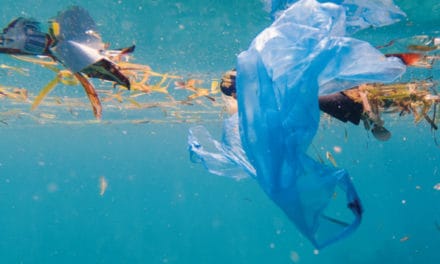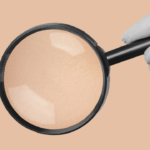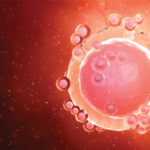
Children are running through the lawn barefoot, and pets are rolling in the grass, all while being exposed to more toxic compounds than ever before.
THE SNOW FINALLY STARTS MELTING, AND SUDDENLY, THE LONG WINTER TRANSFORMS INTO SPRING. Amid the blooms and bright green grass, a single dandelion appears. Almost magically, your lawn is dotted with the bright yellow weeds that so many have learned to hate. Out of frustration and hoping for a magazine-worthy lawn, the automatic reaction may be to reach for a lawn treatment or weedkiller like Roundup®. But you may want to think again.
Roundup is one of the most widely used weedkillers. Monsanto created it in the ’70s for use in agriculture and landscaping. Its active ingredient, glyphosate, has been a major concern among environmentalists and health advocates for decades.
For years, Monsanto continuously dismissed health claims and marketed their product as “safe” and “non-toxic.” Exposure to glyphosate has been associated with DNA damage, elevated risk of cancer, reproductive problems, early-life neurodevelopment issues, an increased risk of neurodegenerative disease, and other serious health concerns.
In recent years, the consequences of glyphosate use have gained widespread attention following lawsuits against Monsanto/Bayer linking the chemical to cases of non-Hodgkin’s lymphoma. By October 2024, approximately 177,000 legal claims had been made against Monsanto/Bayer’s Roundup, and the company had paid more than $11 billion in settlements and court cases.
It’s a grim story of corporate profits superseding human health, and this story is far from over.
To protect its public image and regain trust, Bayer announced that starting in 2023, they’d remove glyphosate-based Roundup from U.S. retail consumer stores. While glyphosate-based Roundup will still be used in farming, your local Home Depot or Lowe’s will offer alternative formulations for the average homeowner.
In 2024, Friends of the Earth, an international environmental organization, investigated the new Roundup formulations to determine whether they were safe for consumers.
So, what did they find?
On average, the new formulas are 45 times more chronically toxic to human health following long-term exposure and are far worse for the environment than the original formula.
The new Roundup formulas carry higher risks of harming bees, birds, fish, earthworms, and aquatic organisms. They replace glyphosate with a combination of four chemicals: diquat dibromide, fluazifop-P-butyl, triclopyr, and imazapic.
According to the Friends of the Earth report, “All four chemicals pose a greater risk of long-term and/or reproductive health problems than glyphosate, based on the EPA’s evaluation of safety studies. Diquat dibromide –present in all the new formulations – is 200 times more chronically toxic than glyphosate, classified as a highly hazardous pesticide, and is banned in the EU. Imazapic is also banned in the EU.”
It’s painful to imagine so many unsuspecting people reaching for what they assume is a harmless product to care for their lawn, only to put their family, pets, and the environment at risk. Children are running through the lawn barefoot, and pets are rolling in the grass, all while being exposed to more toxic compounds than ever before.
We would have hoped Bayer learned its lesson after hundreds of thousands of legal claims. Even though they’re being sued, criticized, and protested, many companies still prioritize profit over the harm they cause. And they will continue the same tactics, knowingly harming people and prioritizing earnings at all costs.
Unfortunately, the onus falls on us as consumers to protect ourselves. We need to look out for our neighbors, friends, and family, and help teach others not to use these toxic products.
So, don’t reach for Roundup when you see that first weed pop up this spring. Monocultures don’t exist in nature, so instead, let’s change our perspectives to embrace the beauty of biodiversity. Weeds like dandelions benefit our ecosystems, wildlife, and pollinators – all of which we depend on for everything, including food production.
I would choose a vibrant, dandelion-dotted yard any day over a monotonous stretch of chemically treated grass that harms our health, soil, pollinators, and ecosystems.











